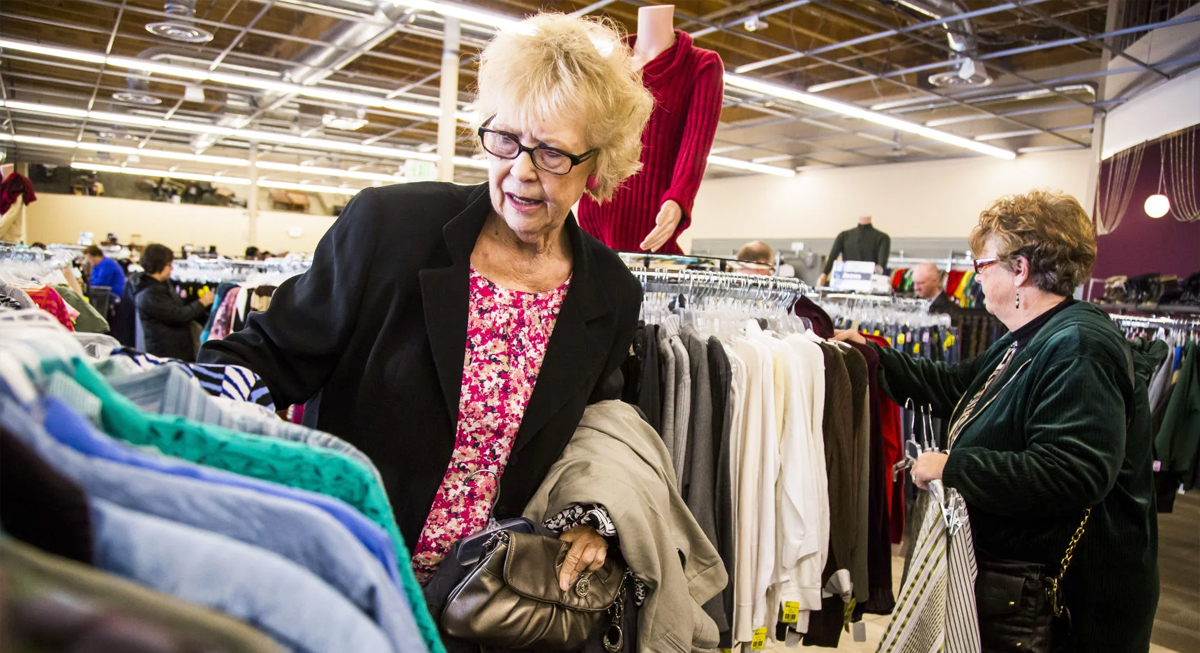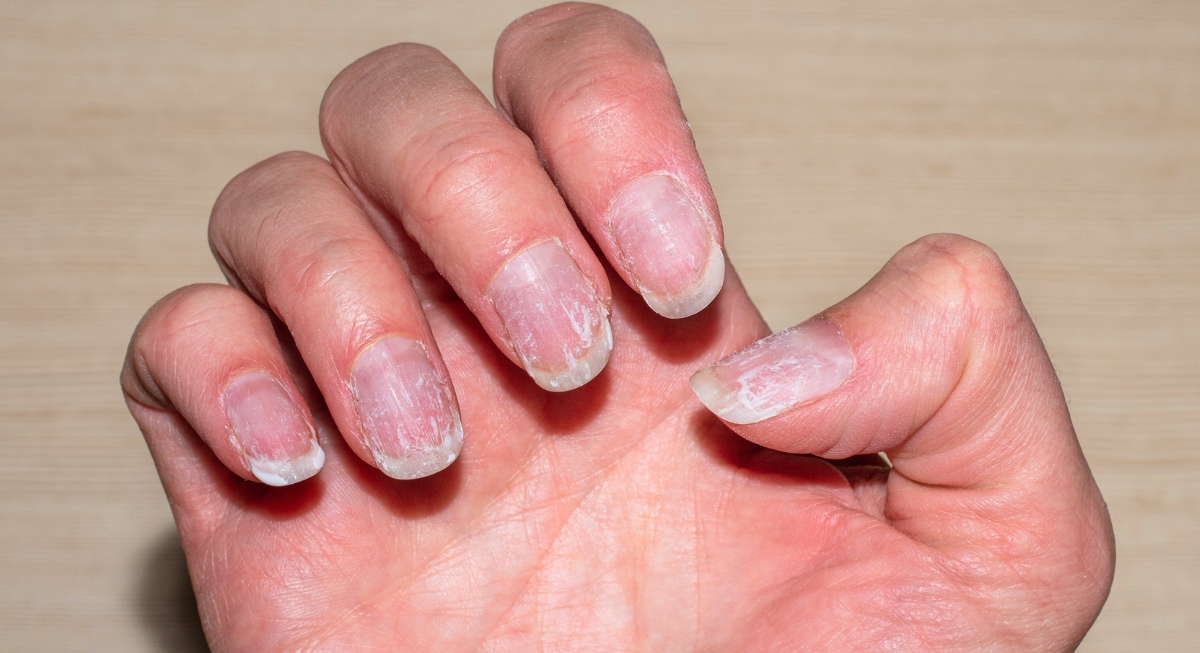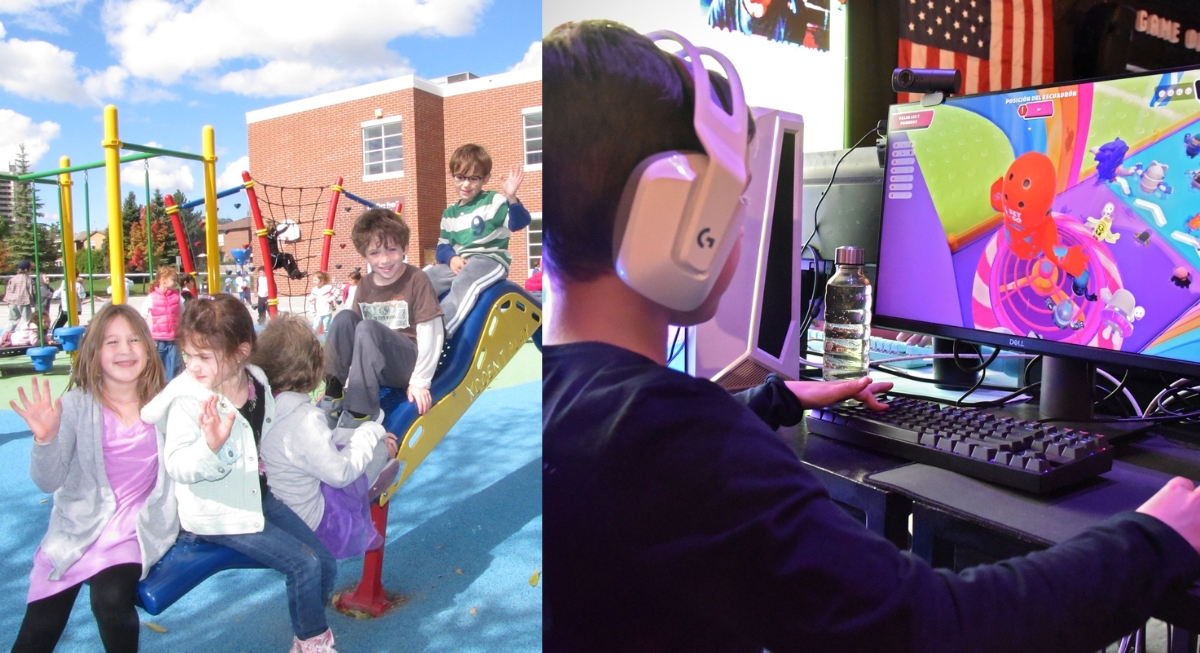Did you know that the global second-hand market is expected to be worth a whopping $84 billion by 2030? Thrifting isn't just for budget fashionistas anymore – it's a booming trend for eco-conscious consumers and vintage enthusiasts alike. But with overflowing bins and racks upon racks, navigating a thrift store can feel like a treasure hunt through uncharted territory. And there can be hidden dangers. To avoid turning your shopping spree into a cautionary tale, here are 20 thrift shop items to steer clear of (unless you're a risk-taking daredevil):
Previously Owned Mattresses
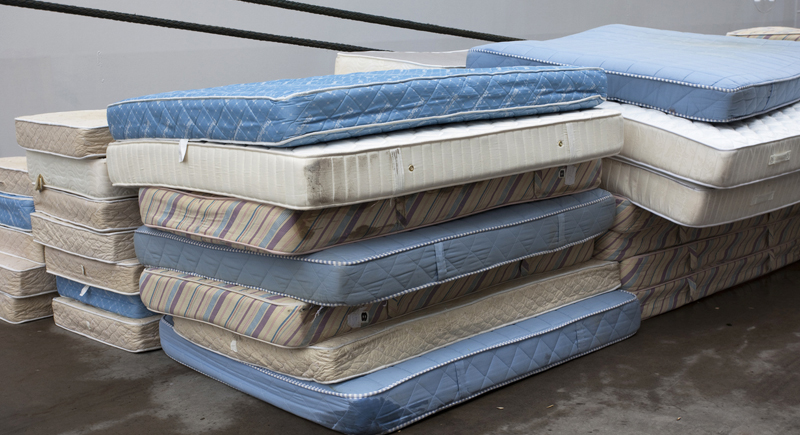
Credit: iStockphoto
The National Sleep Foundation warns against these potential allergy and bed bug magnets. Imagine waking up itchy and sharing your bed with unwelcome guests – not the restful slumber you deserve.
Helmets
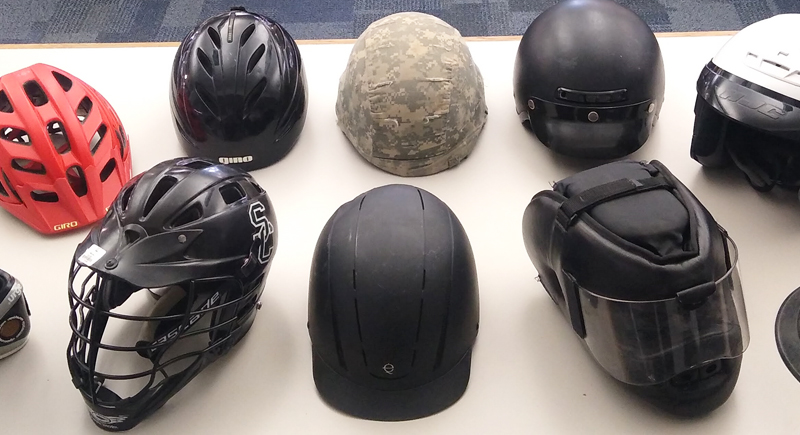
Credit: Wikimedia Commons
Think of a helmet as your noggin's knight in shining armor. According to the National Highway Traffic Safety Administration (NHTSA), a pre-owned helmet might be more like a rusty bucket – offering little protection in a crash.
Expired Car Seats
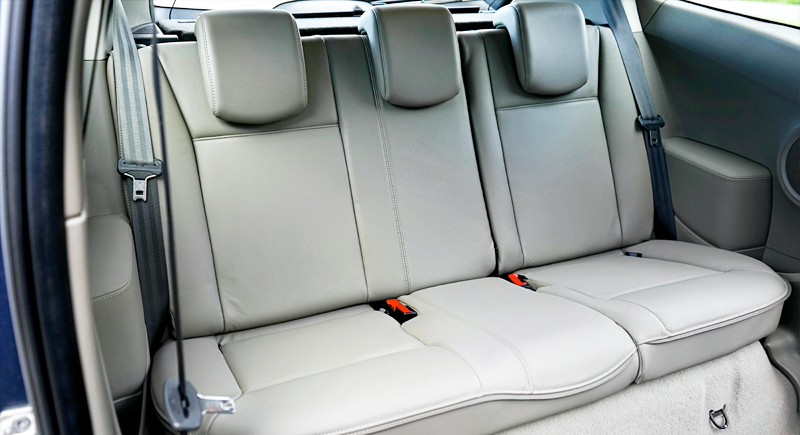
Credit: pexels
The Juvenile Products Manufacturers Association (JPMA) reminds us that car seats have expiration dates, just like milk. A past-its-prime car seat could put your precious cargo at risk.
Cribs with a Shady Past
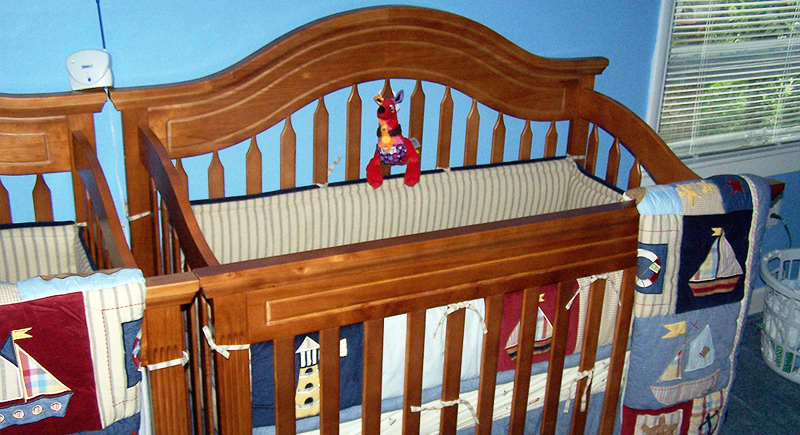
Credit: flickr
A crib should be a safe haven for your little one, not a potential hazard. The Consumer Product Safety Commission (CPSC) advises against using outdated cribs that might not meet current safety standards.
Unlabeled or Expired Makeup
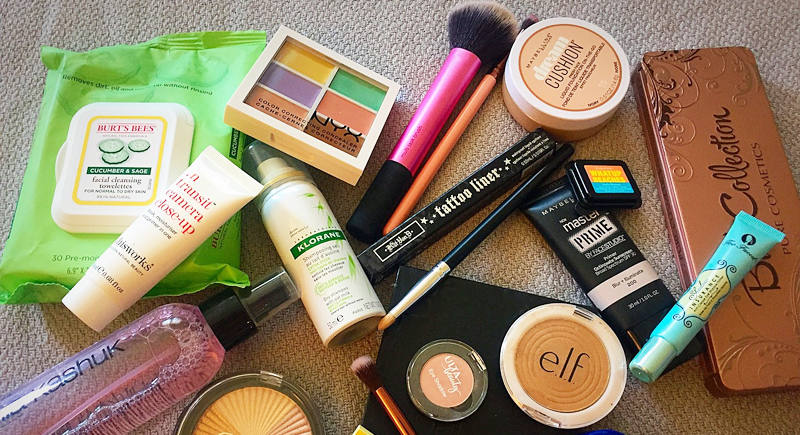
Credit: needpix
The American Academy of Dermatology (AAD) would advise against this. Expired makeup can harbor bacteria and wreak havoc on your skin. Stick to labeled, in-date products to avoid a beauty nightmare.
Underwear (Seriously?)
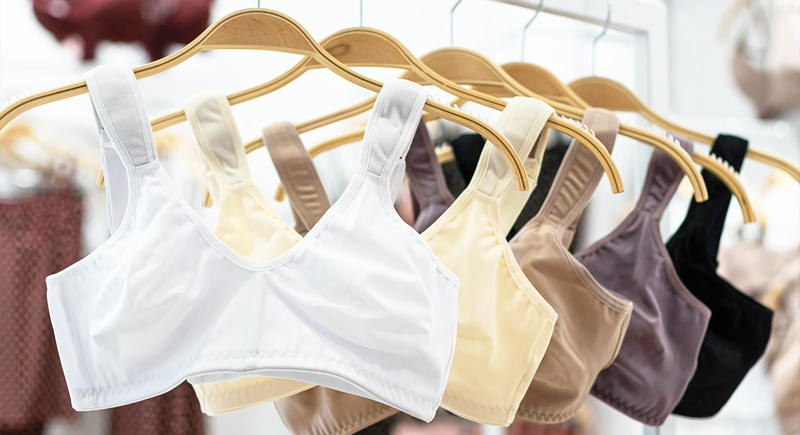
Credit: pexels
This one's a hygiene issue so clear that it needs no citation. Let's just say buying second-hand undergarments isn't exactly on anyone's wish list.
Open-Box Electronics

Credit: flickr
These are like mystery boxes but with the potential for disappointment instead of surprise. The National Institute of Standards and Technology (NIST) recommends buying electronics with warranties to avoid ending up with a fancy paperweight.
Waterlogged Wonders
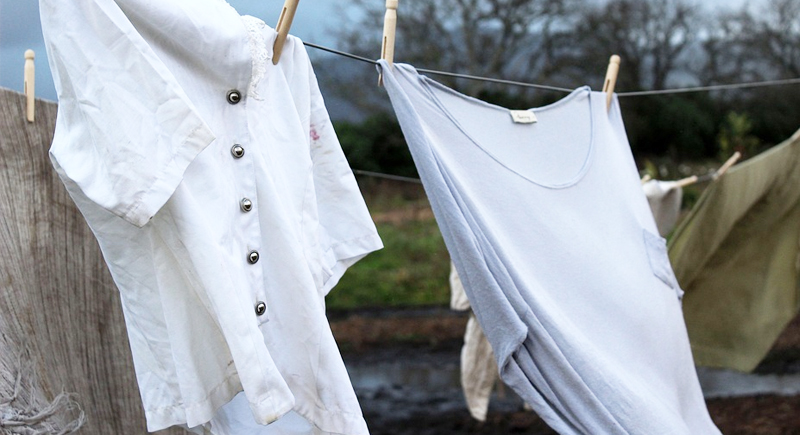
Credit: pixabay
The Environmental Protection Agency (EPA) warns that water damage can lead to mold growth and electrical hazards. Avoid clothes, furniture, or electronics with water stains – they might be hiding a shocking secret (literally!).
Recalled Rascals
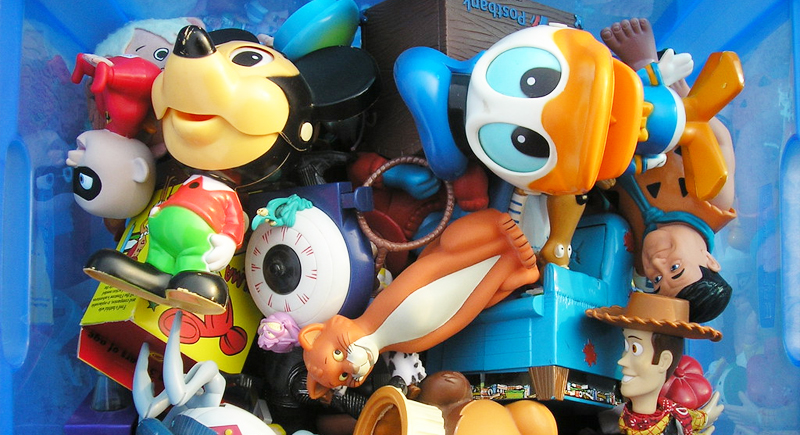
Credit: flickr
Second-hand doesn't mean safe. The CPSC maintains a searchable database of recalled items. Check online before buying anything, especially for children's toys or appliances. You wouldn't want your new toy to become a projectile hazard!
Upholstered Furniture
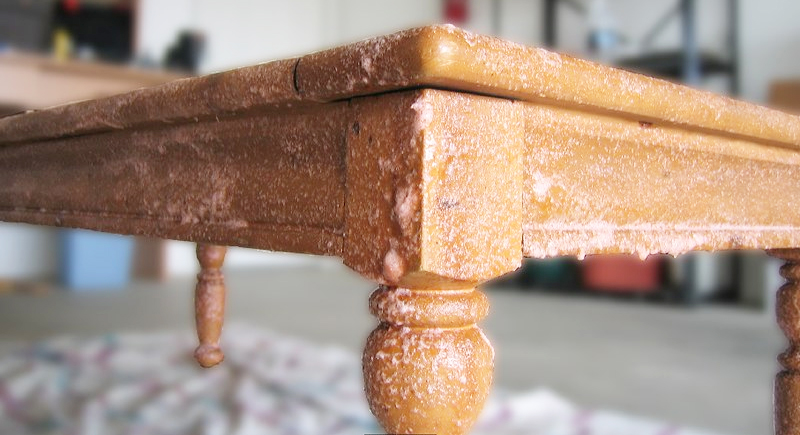
Credit: flickr
Upholstery with questionable stains can be a breeding ground for dust mites and allergens. The American College of Allergy, Asthma & Immunology (ACAAI) advises against these potential allergy triggers.
Used Pillows
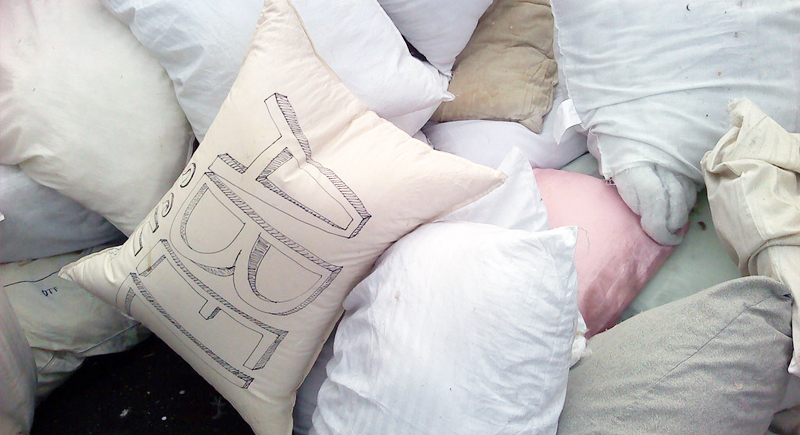
Credit: flickr
According to the Mayo Clinic, pillows lose their shape and support over time. A pre-owned pillow might feel more like a deflated pancake than a luxurious headrest. Invest in a new one for a good night's sleep.
Missing-Piece Puzzles
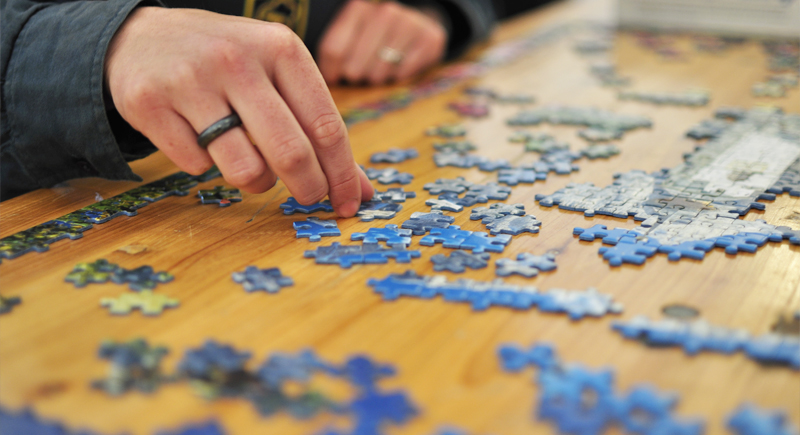
Credit: Wikimedia Commons
Incomplete items are just puzzles waiting to frustrate you. Unless you're a handy whiz with spare parts, avoid anything missing crucial components.
Highly Flammable Fabrics
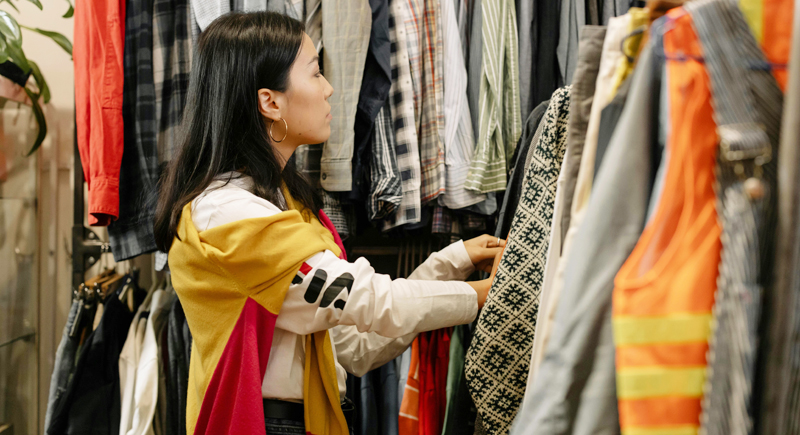
Credit: pexels
Look for labels indicating flame-retardant materials that meet current safety standards. The National Fire Protection Association (NFPA) offers resources on identifying safe fabrics. You wouldn't want your new shirt to become a fiery fashion statement (in the wrong way).
Pungent Powerhouses

Credit: freepik
Lingering odors like smoke or mildew can be difficult or impossible to remove. The American Lung Association advises against buying items with strong, unpleasant smells. Your nose (and lungs) will thank you.
Zipperless Zips and Snapless Snaps
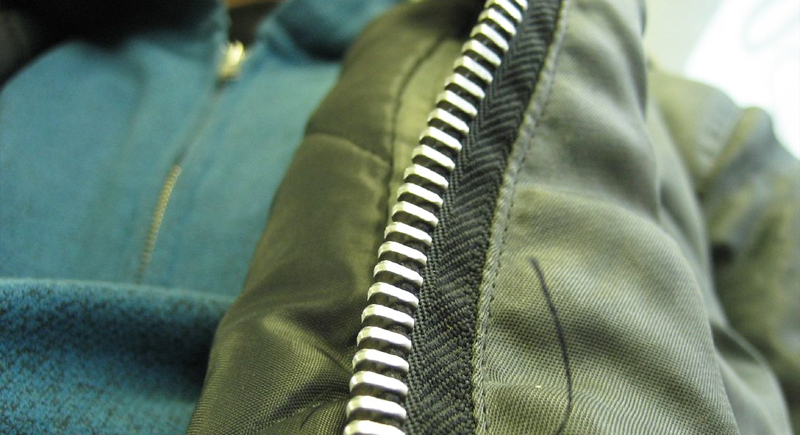
Credit: flickr
Replacing zippers and snaps can be a time-consuming hassle. Unless you're a sewing superhero, avoid garments with broken closures. There are plenty of other stylish options out there.
Overly Specialized Equipment
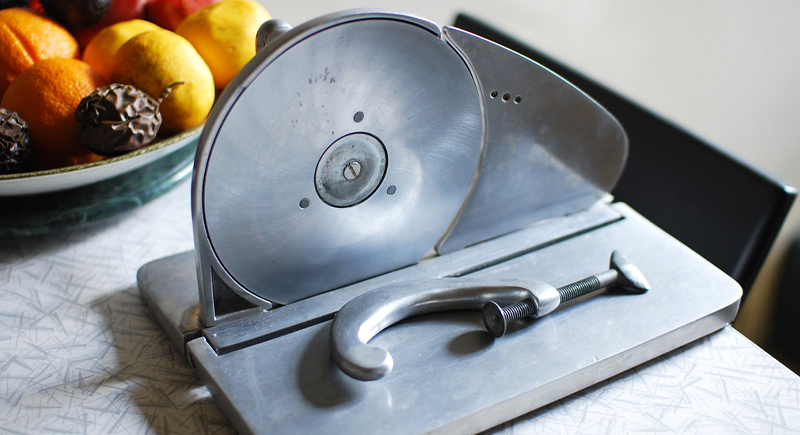
Credit: flickr
Imagine buying a professional meat slicer you'll only use once. Unless you're a secret chef or an aspiring butcher, skip the highly specialized equipment. There are better uses for your hard-earned cash.
Instructionless Intricacies
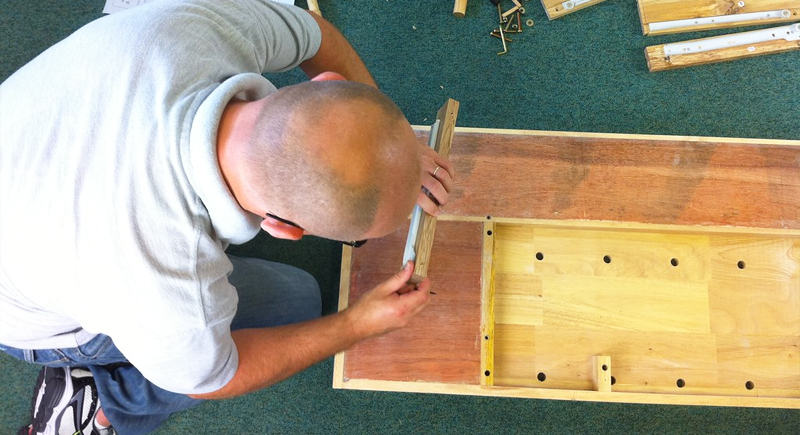
Credit: flickr
Assembling furniture or using appliances without instructions is a recipe for frustration. Opt for items with clear instructions to avoid a DIY disaster.
Exposed Stuffing Safari
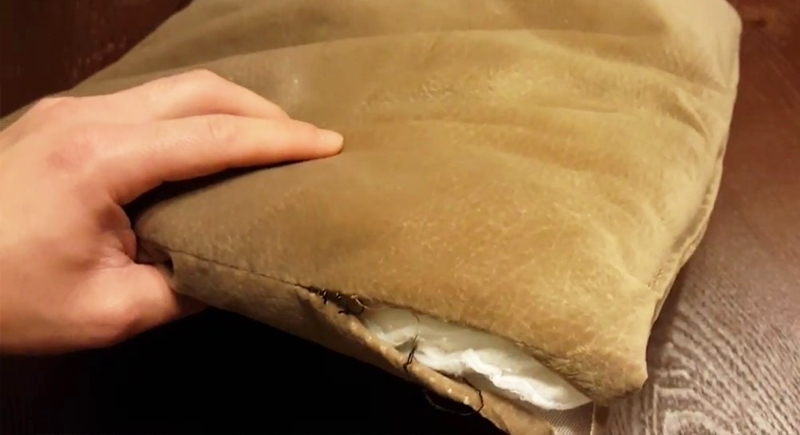
Credit: Youtube
Exposed stuffing in furniture or pillows can be a breeding ground for dust mites and allergens. The American Academy of Allergy, Asthma & Immunology (ACAAI) advises against these potential allergy triggers.
Monstrously Bulky Items
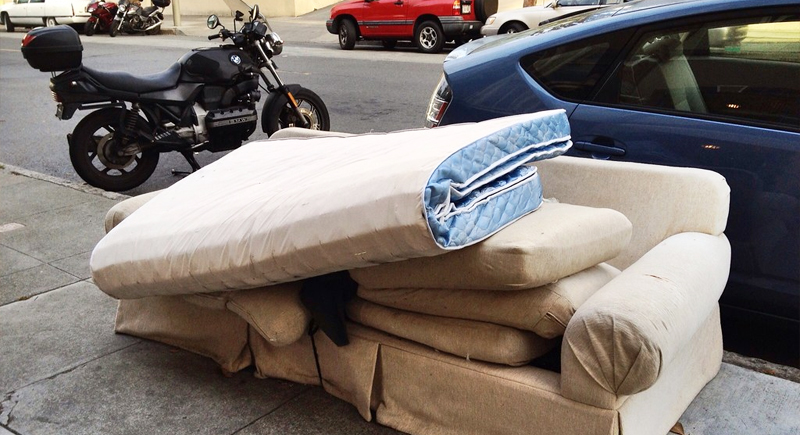
Credit: flickr
Consider your transportation limitations! Unless you have a truck or a team of strong friends, that oversized armoire might be more trouble than it's worth. There are plenty of treasures waiting to be found that fit comfortably in your car.
Items You Don't Truly Adore
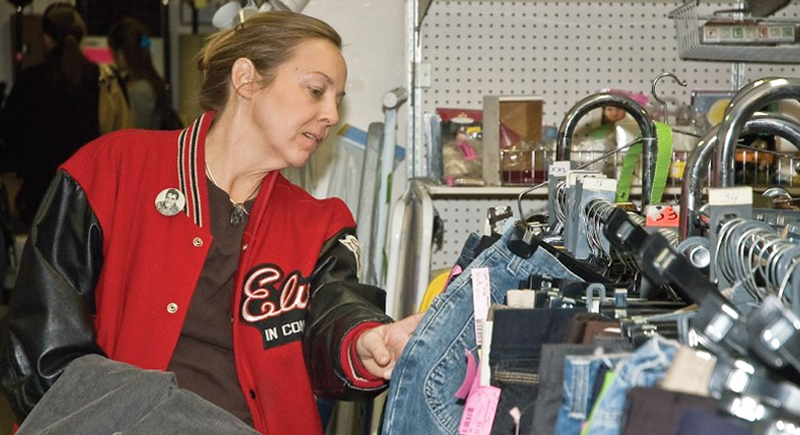
Credit: flickr
Thrifting is about finding unique pieces you'll love and use. Don't settle for something just because it's cheap. If it doesn't spark joy (and maybe a little excitement!), leave it on the rack for someone who will cherish it.

